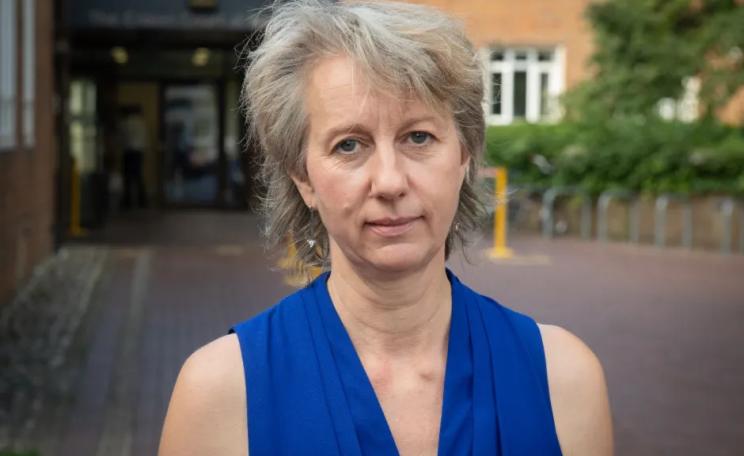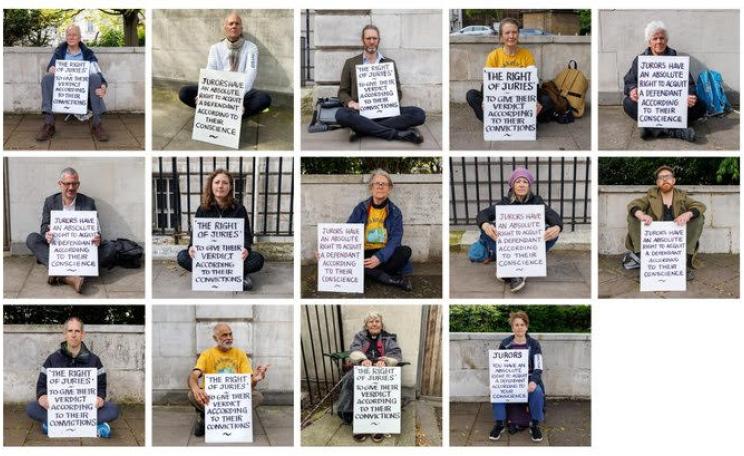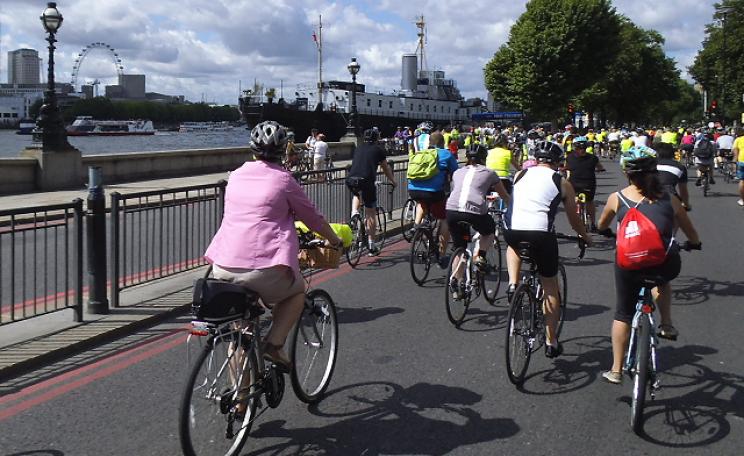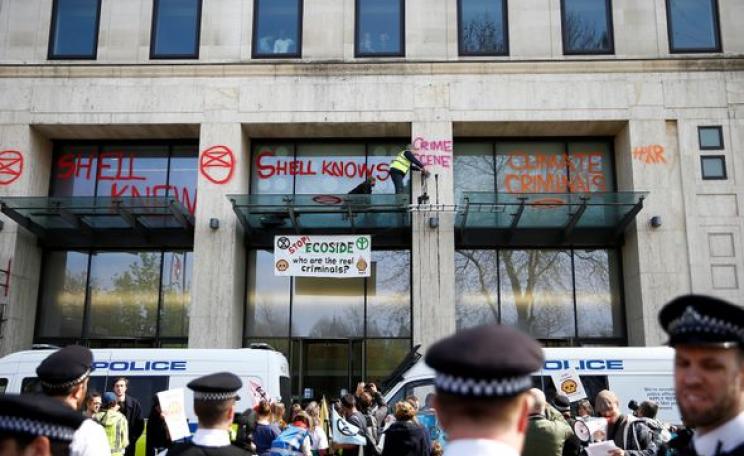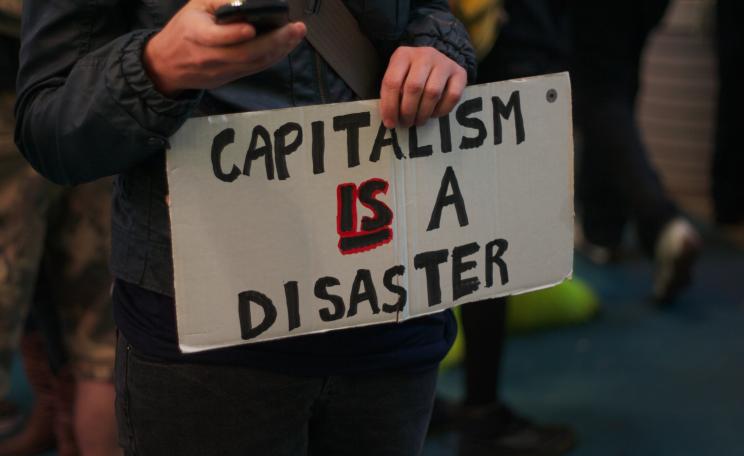--
The clarion call for major economies to announce a state of climate emergency has never been louder, with a heat wave sending temperatures to a sweltering 45-degrees Celsius in France and giant wildfires bursting into life across Spain.
But we’re going to need more than words and a profit-before-people attitude to mitigate this emergency, as Trudeau’s two-faced climate emergency declaration and massive oil sands pipeline approval demonstrated.
If we want to survive on this plane, we have to radically reimagine our society and our economy. Business-as-usual won’t cut it, the posturing of statespeople won’t cut it and the market alone will certainly not cut it.
Societal transformation
We need a government-enforced industrial strategy that places a low-carbon, just transition at the heart of our societal transformation.
But the monophony of privately educated voices in position of power does not have the variety of experience needed to imagine a vibrant and inclusive new society.
To imagine a new society, we’re going to need to listen to a diversity of real people on the ground. In short, we need to platform the grassroots and people in power need to listen.
History has shown us time and time again that mass movements for social and economic transformation are led by people on the ground, not by technocrats or privileged politicians. From Stonewall to the Suffragettes, the people on the receiving end of oppressive or impotent policy are often the most informed about what needs to change.
If we want a proper diagnosis of what’s gone wrong, it is absolutely essential that the voices of the grassroots are included in discussions about how we’re going to make our society work for both people and planet.
Galvanising message
Add to the inclusion of the grassroots the galvanising message of the Green New Deal, which has shown that we need to move beyond framing the climate emergency as a pure environmental issue, and you’ve created a new environmentalism.
If we’re going to bring everyone on board (and we need to), a multi-layered framing of the climate emergency as an opportunity for job growth, the sharing of social goods and the healing of our living planet is the way forward.
In practice, this means we need to give as much focus to how we transform our food system, as to how we welcome refugees who are made homeless by extreme weather and flooding.
After the UN revealed that cities, though only taking up two percent of all global land area, are responsible for 70 percent of global greenhouse gas emissions, it became apparent that efforts to decarbonise the planet must begin in megacities like London.
The fact that cities are also particularly exposed to extreme weather and global heating reinforces this focus.
Showcase solutions
A report commissioned by Green Party MP, Caroline Lucas, showed that if we hit 1.5-degrees of warming (the absolute best case warming scenario), 2/3rds of London flats could experience dangerous levels of overheating by 2030 and 1/10th of tube stations could be at risk of flooding (mostly on the Northern and Central lines).
The report found that, out of all European cities, London is most vulnerable to the economic impacts of the climate emergency. Undoubtedly, these impacts will fall hardest on lower-income people in London.
This week the Greater London Authority has been hosting London Climate Action Week, a week of events that is mostly being led and organised by investors, banks, think tanks, NGOs and government bodies.
The purpose of the week is to showcase solutions and outline the problems of the climate emergency. But a week of events that is not also giving a platform to the grassroots will never come up with the right solutions.
At Fossil Free London, a London-based grassroots campaigning group, we recognised this shortcoming.
Festival of ideas
In response, from 2pm on the 20 July we’re occupying a space on the grass outside City Hall and throwing a festival of ideas, with a vibrant selection of grassroots and radical groups running workshops on issues as diverse as energy, ownership, housing and migrants rights. Note: Due to the weather we are relocating to Friends of the Earth's offices, near Stockwell tube station.
The festival will provide inspiration for the second part of the day, where we’ll gather in a People’s Assembly (think big melting pot of ideas and solutions for London) and co-create our new plan for London.
If we want London to be a city that works for people, jobs and the climate, we’re going to need to create our own platforms, run our own discussions and draft our own plans for this city.
If you want to be part of discussions for a new London, come on on the 20 July and leave inspired by what’s being achieved by groups now, clear on how you can help and ready to kickstart our collective vision to reimagine London.
This Author
Samuel Hayward works on climate change campaigns in London.
Image: Paul Nicholls.



